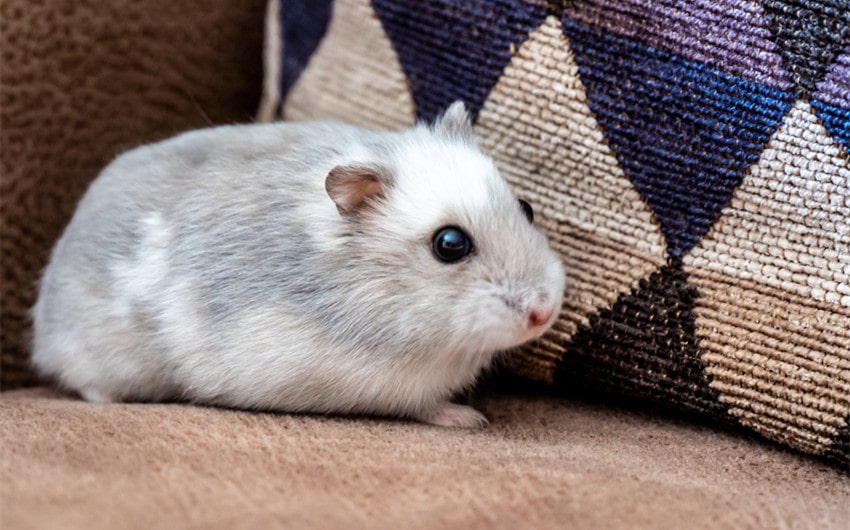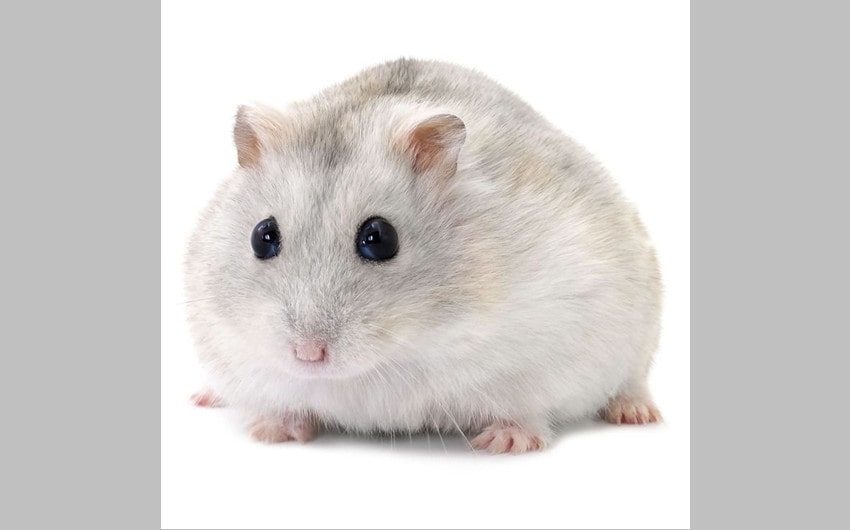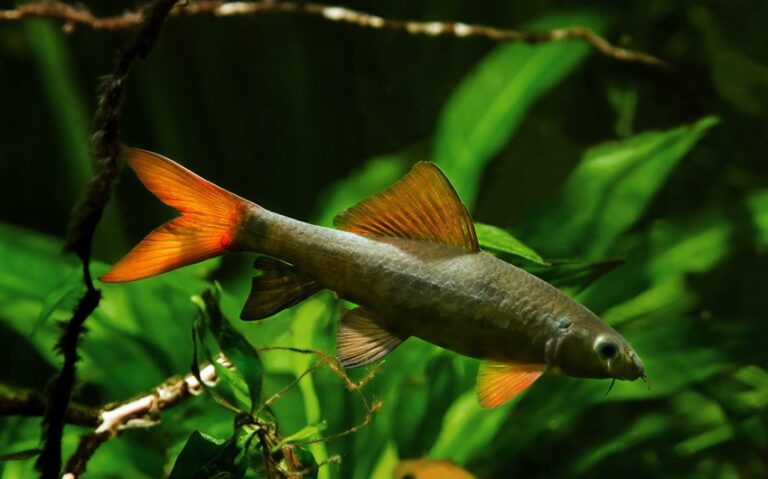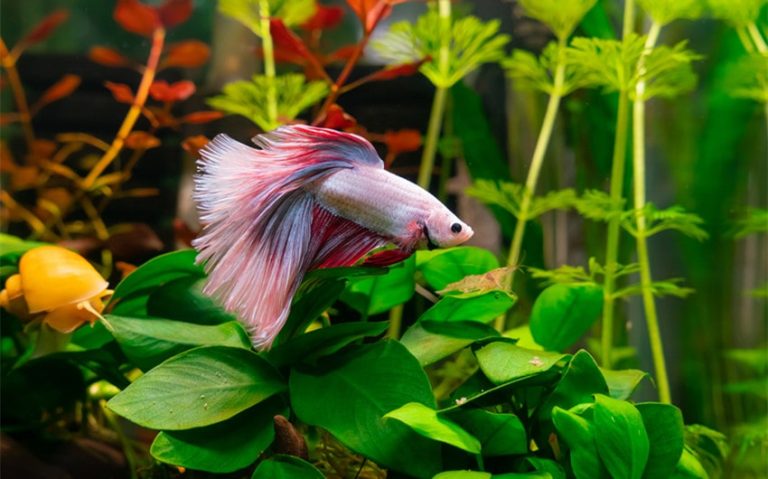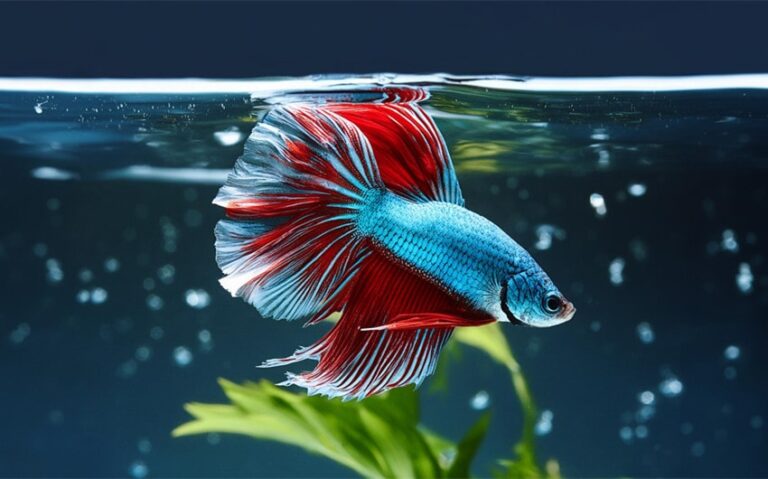5 Factors That Affect the Winter White Dwarf Hamster Lifespan
Winter White Dwarf Hamsters are adorable, low-maintenance pets loved for their playful and gentle nature. If you’re considering bringing one into your home, understanding the Winter White Dwarf Hamster’s lifespan is crucial for providing the best care.
These tiny creatures have relatively short lifespans, but with proper attention to their diet, environment, and overall well-being, they can live happy, healthy lives. In this article, we’ll explore how long these hamsters typically live and the key factors that influence their longevity, helping you ensure your furry friend thrives throughout their life.
Typical Lifespan of Winter White Dwarf Hamsters
The typical lifespan of a Winter White Dwarf Hamster ranges from 1.5 to 3 years, though some may live slightly longer with exceptional care.
These tiny rodents are known for their relatively short lifespans compared to other pets, but understanding the factors that influence their longevity can help you make the most of your time together.
Factors That Influence Lifespan
Image source: Pinterest
The lifespan of a Winter White Dwarf Hamster is influenced by various factors, including diet, environment, genetics, and stress levels. Providing optimal care in these areas can help your hamster live a longer, healthier life. Here’s a closer look at the key factors that impact their longevity:
1. Diet
A balanced diet is critical for a hamster’s overall health and lifespan.
- High-Quality Food: Feed your hamster a base diet of high-quality pellets that provide essential nutrients.
- Fresh Vegetables and Fruits: Offer safe options like cucumbers, carrots, and apples (without seeds) for vitamins and hydration. Avoid sugary or high-fat foods that can lead to obesity and diabetes.
- Treats in Moderation: Occasional treats like unsalted sunflower seeds or mealworms are fine but should not replace their main diet.
A poor diet can lead to malnutrition, obesity, and shortened lifespan, making it essential to carefully monitor what your hamster eats.
2. Exercise and Enrichment
Hamsters are naturally active and need regular exercise to stay healthy.
- Exercise Wheels: Provide a wheel with a solid surface to avoid injury and allow for running, which is essential for cardiovascular health.
- Tunnels and Toys: Create an engaging environment with tunnels, chew toys, and climbing structures to keep them mentally and physically stimulated.
- Playtime: Allow your hamster safe, supervised time outside the cage to explore and burn off energy.
A lack of exercise can lead to obesity, lethargy, and related health problems, significantly reducing their lifespan.
3. Habitat
The quality and setup of your hamster’s living environment are crucial for their well-being.
- Cage Size: Choose a cage that provides at least 450 square inches of floor space to allow for movement and enrichment.
- Bedding: Use safe, dust-free bedding, like aspen or paper-based options, to prevent respiratory issues.
- Cleanliness: Regularly clean the cage to prevent bacteria and mold from harming your hamster’s health.
- Temperature: Maintain a stable temperature of 65–75°F (18–24°C) to keep your hamster comfortable and healthy.
An inadequate or unclean habitat can cause stress and illness, reducing your hamster’s lifespan.
4. Genetics
A hamster’s genetic makeup plays a significant role in determining their lifespan.
- Breeding Practices: Hamsters from responsible breeders are often healthier and less prone to genetic disorders.
- Inherited Conditions: Some hamsters may inherit conditions like heart disease or weakened immunity, which can shorten their lifespan.
While you cannot control genetics, choosing a healthy hamster from a reputable source can improve their odds of a longer life.
5. Stress Levels
Chronic stress can weaken a hamster’s immune system and lead to premature death.
- Handling: Handle your hamster gently and only when they are awake to avoid stress and possible injuries.
- Noise Levels: Keep their cage in a quiet area away from loud noises or frequent disturbances.
- Social Stress: Winter White Dwarf Hamsters are generally more social than other species, but introducing cage mates must be done carefully to avoid fights or bullying.
Minimizing stress through proper care and environment management can significantly impact your hamster’s longevity.

